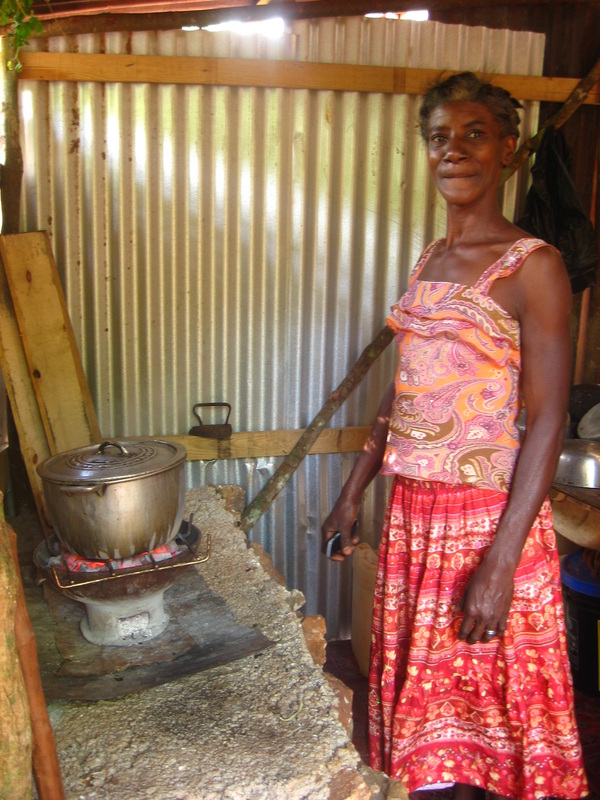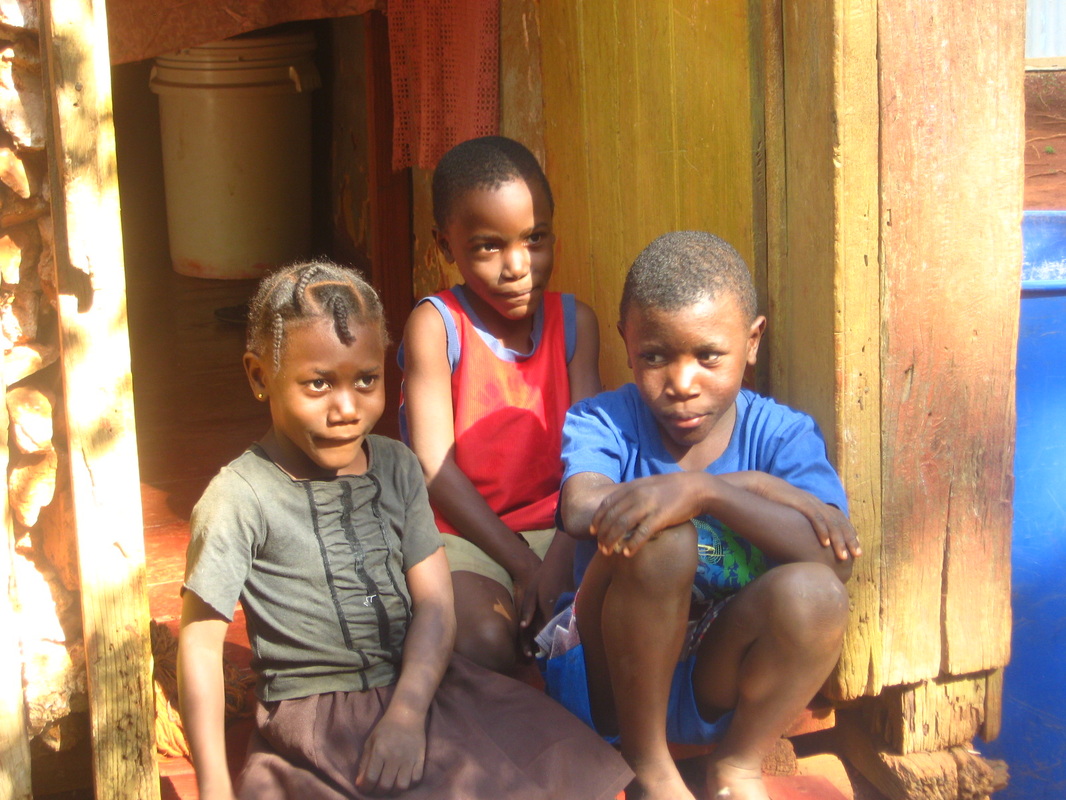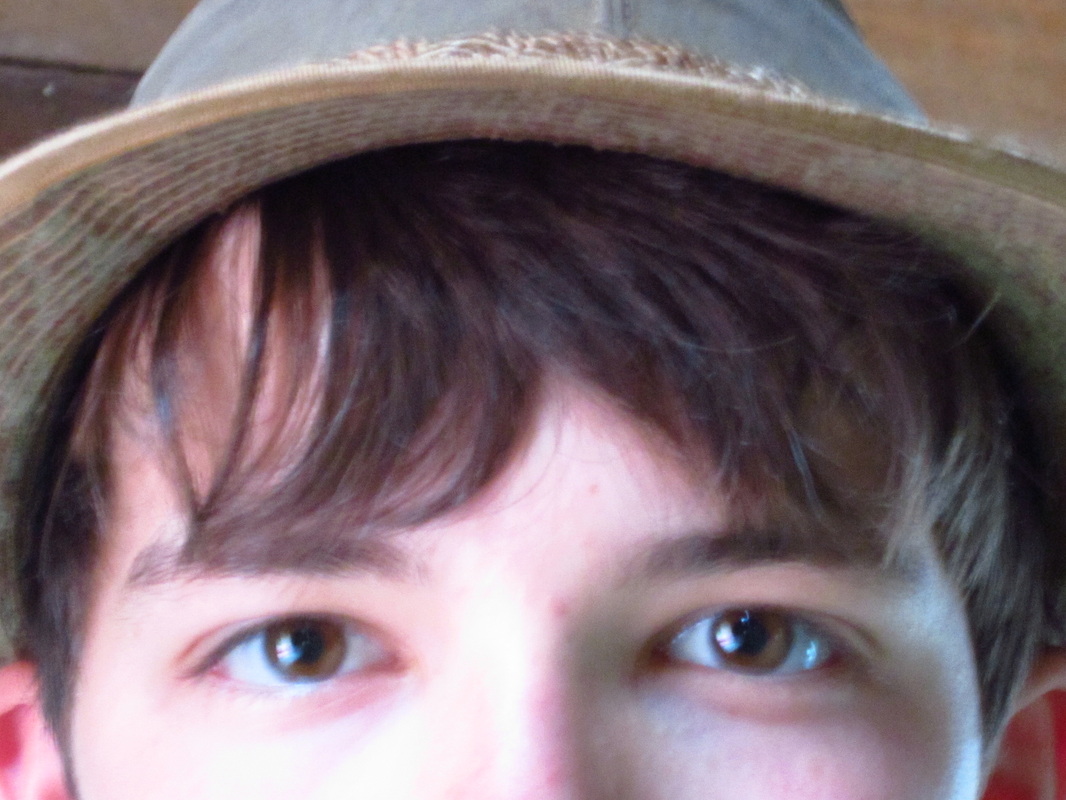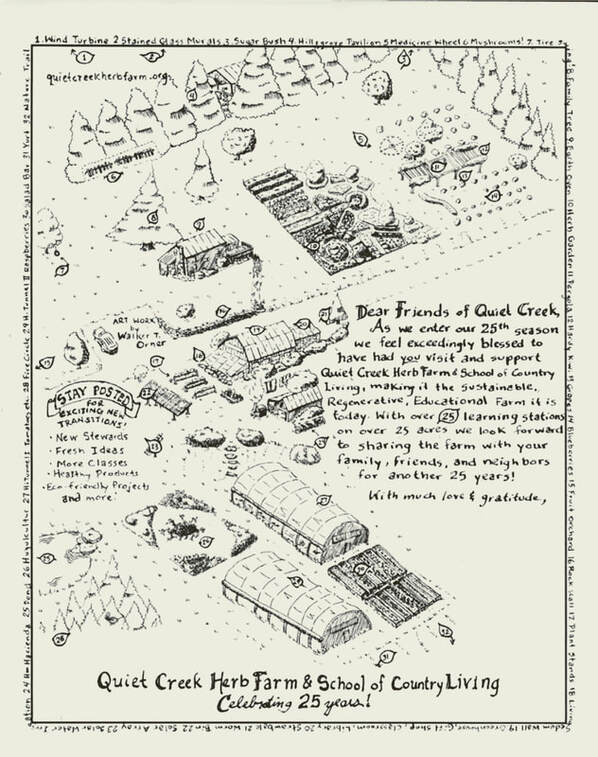We met her through a local pastor who invited us to help rebuild her dilapidated shack. As a squatter, she ended up there after her husband was unable to fulfill his fatherly responsibilities.
With a few chapters under our belts of When Helping Hurts: How to Alleviate Poverty without Hurting the Poor and Yourself, we were ready to minister. The book states so often Americans damage their efforts thinking they know what is best for fixing the resource-lacking. Instead authors, Steve Corbett and Brian Fikkert, reveal one should consider developing relationships.
Making people feel valued can help much more than providing for physical needs. Although there was no doubt the necessities of a bathing room with a drain and cement floor, a privacy fence for dressing, and cooking areas (open air and encased with corrugated tin) were much more important than a hug from a “whitey visiting 2000 miles away.”
With the need to connect our family to hers, my mom considered one of Faith’s strengths -- cooking local, whole foods for a large gathering. Mom established the perfect moment to ask Faith. It happened when we all were collecting limestone pebbles to fill the shower and cook area footers. Here Faith willingly accepted the invitation to teach us how to create a typical Jamaican meal from scratch. Dictating a list of ingredients, she shared and I frantically jotted down in my journal: chicken, brown rice, red peas (kidney beans), thyme, coconut, pimento leaf, cinnamon bark, scotch bonnet peppers (habaneros), salt and pepper.
The following Thursday laden with cloth bags full of Faith’s nutritional needs, my mom and I walked a short hike to her 20 square foot lean-to. The roof was leaking from the recent downpour (Jamaica’s annual rainfall is 77”), but the rain tank for washing was overflowing. The outhouse and bathing areas were now donned in curtains. In the midst of little, we were greeted with plenty -- cheers and broad smiles of seven of the emotionally happiest, but materially poorest people we had ever known. My mom and I looked at one another and nodded in agreement; we were attempting to diminish our own “poverty of others” – a phrase is defined by Corbett and Fikkert as self centeredness.
After a full day of scrubbing clothes by hand and hanging them to dry, Faith still made time to start two fires with homemade charcoal – one for peas and rice and another for the chicken. Her older daughters, Evanna and Channakay put the peas on to boil, while I joined Faith in preparing the chickens into perfectly portioned pieces where nothing was wasted. We didn’t actually cut the chicken, instead we hit their joints and they snapped open. With olive oil, Evanna fried the protein while laughing with my mom who attempted to speak Jamaican Creole.
I learned how to crack and drain a coconut on a rock. By then my dad had arrived with three other friends and he volunteered to grate the coconut; my mom taught me that beneficial saturated fats (coconut) are used to season the complex carbohydrates (beans and rice) high in fiber. There was richness in “whole foods” cooking and creating the Vassell and Orner union.
Ashton played a makeshift game of cricket/baseball with Faith’s younger children (Ashley, Asley, Kimberly and Sheldon). As the evening’s darkness set in, they decided not to lose the ball in the bush and circled around the rest of us at the fires. Hymn singing rose up intermixed with the smells of a slowly cooked, traditional Jamaican meal.
After four and one half hours of food preparation, Faith dished up thirteen heaping plates of the best tasting food any of us Orner’s had experienced. Famished under the star-lit sky and ready to devour our meal, I noticed at once that Faith was foodless. Soon our plates matched hers in size and you couldn’t tell we had even shared any with Faith, a self-less woman deserving of basic essentials.
Our faith in Faith flowed with admiration and respect that night. What a model of “community” -- rich in love, knowledge and hospitality for her friends, family and deity.



 RSS Feed
RSS Feed
